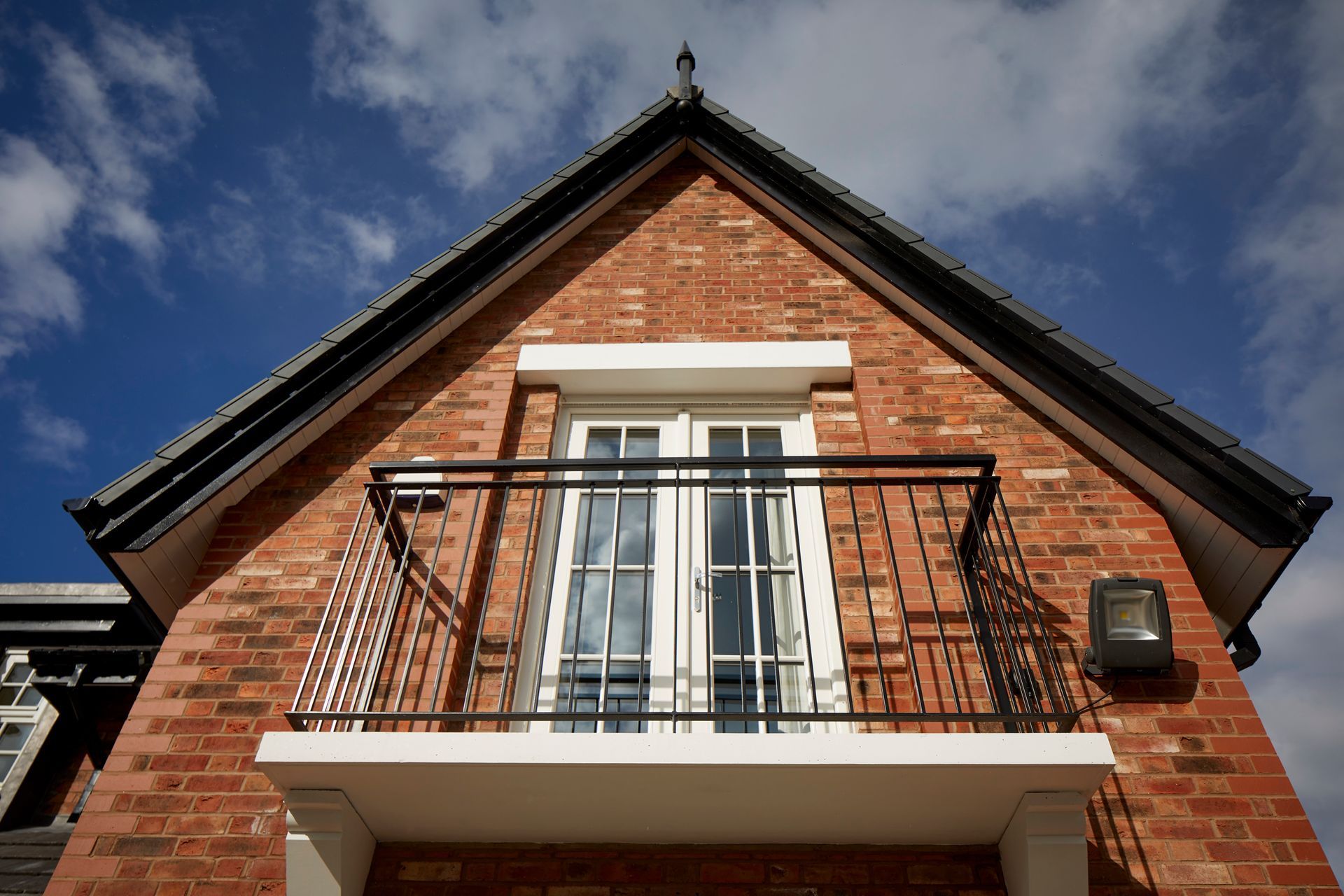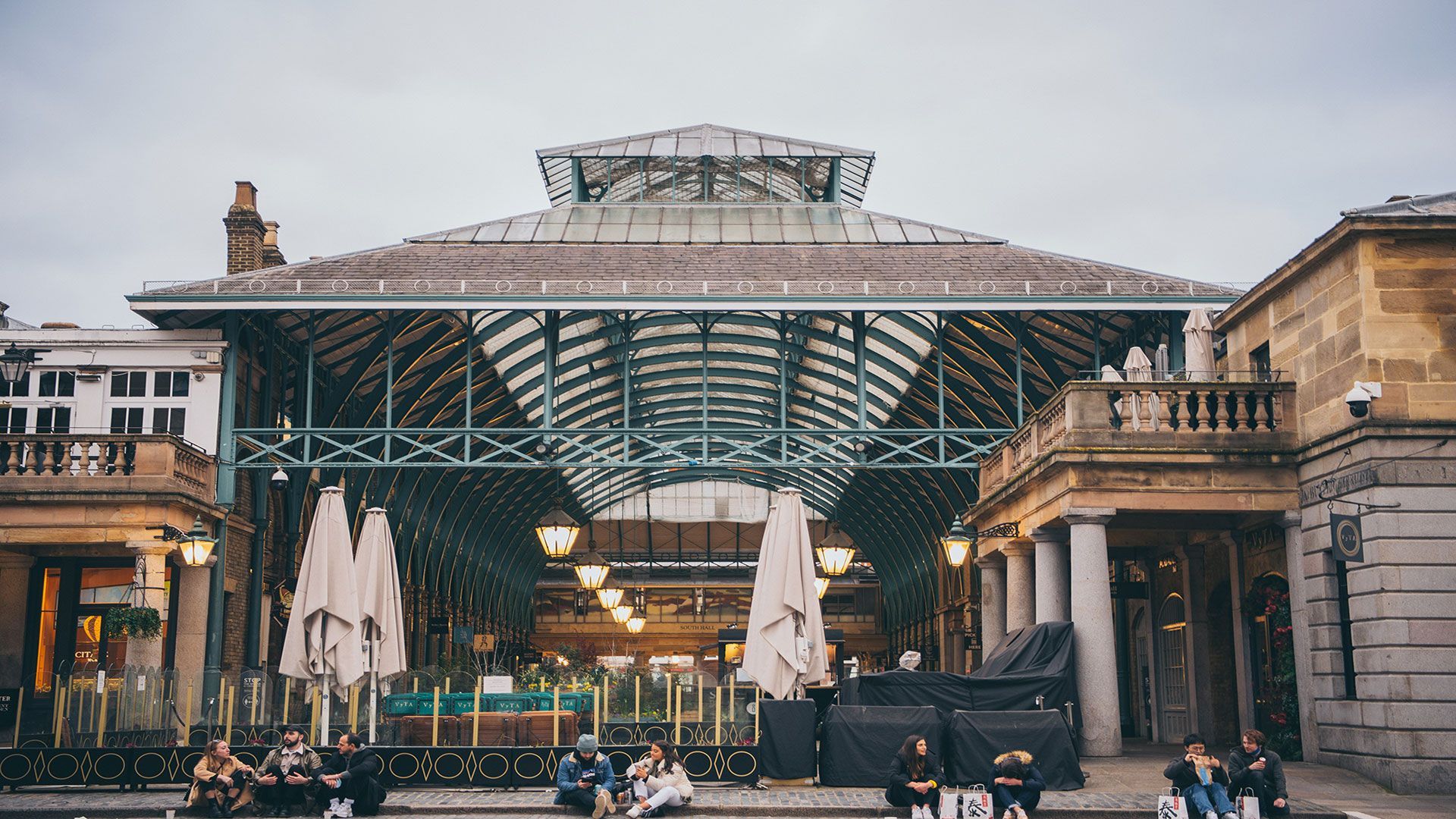Follow Us
Join our newsletter
Get the latest news delivered to your inbox.
What is a property valuation?
As experts in property, the team at Harvey Homes is very knowledgeable about what a property valuation is, and we want to share this knowledge with you.

When you are first considering buying or selling a house, you need to know what a property valuation is. An accurate property valuation will allow you to make sound financial decisions about your purchase decisions, and help you do things like organise proper insurance or even re-mortgage.
As experts in property, the team at Harvey Homes is very knowledgeable about what a property valuation is, and we want to share this knowledge with you.
Simply put, a property valuation is an appraisal of what a property is worth, based on factors like location, quality, size, market conditions and internal finishes.
In this blog, we will discuss how a property is valued, why a property valuation is important, how you should get your property valued, and how you can potentially increase your property’s worth.
How is a property valued?
As mentioned, there are several points that must be considered when a property is valued. Some of these are unique to a particular home and situation, and others are more general.
While some property valuations can be done remotely, the most accurate property valuations should be done by a professional visiting the property and fully assessing what it has to offer.
The factors a property valuation is based on are:
- Location
- Size
- Local market conditions
- National market conditions
- The quality of any work carried out externally, like extensions, gardens etc.
- The quality of any work carried out internally, such as flooring, double-glazing, insulation, kitchens and bathrooms etc.
- What is the current demand for this type of property
- How well-maintained a property is
There may be other influences as well, such as:
- The layout of a property
- The amount of available storage space
- Local crime rates
- Local flood risk
- Any subsidence risks
- Local amenities
- School catchment areas
- Good transport links
- Any potential for improvements, extensions or loft conversions
When all these factors are carefully considered, a property valuation can be given. Of course, this is most likely to then determine the asking price of a home if it is being put on the market. Other questions do have to be asked at this point though, like ‘How much have houses like this sold for recently?’ and ‘How long is it taking to find a buyer in this particular area?’
How can you get a property valuation?
There is no doubt about it, if you need your house to be valued, the best possible way to get an accurate figure is to consult with local and reputable estate agents and arrange for them to visit.
For the Harvey Homes Swan Green development in Knutsford, we worked with local estate agents Irlams, and their local knowledge and market expertise was invaluable.
However, if you are just trying to come up with an initial idea of a valuation then there are some steps you can take and online sources you can consult. Do be cautious of the ‘instant valuations’ you may be offered online though, as these figures may not always be realistic or reliable.
Without employing the services of an estate agent, some of the methods you can use to value a house are:
1. Look at houses near you that have sold
Find similar houses near yours and do some research into what they sold for – this can give you a ‘ballpark’ figure for what you could expect for your property. Several different websites offer this information for free, including:
- Zoopla
- Rightmove
Zoopla and Rightmove get their information from Land Registry and the Registers of Scotland and it often takes about 12 weeks for a house that’s been sold to appear on their records.
2. Look nationally
While local knowledge is key to valuing property, it is also worth reviewing the housing market as a whole across the country.
Average national house prices, interest rates and recent news can all be good indicators of what a house can be valued at.
Take a look at sources such as Halifax, Nationwide and the UK House Price Index from the Land Registry.
3. Use a house value calculator
As mentioned, there are several free online house valuation tools you can look at. But do be cautious when looking at these and don’t forget that they may not take local trends and factors into account:
How can you increase your property valuation?
If you are seriously considering a move and need to get the maximum value out of your current property, then there are simple things you can do to boost the value of your home ahead of having it professionally valued.
These include:
- Tidying up and decluttering. If your house is bursting at the seams, then it will look overcrowded and lacking in storage space. Dedicate a few days to do some serious decluttering and it may do wonders for your house valuation.
- Clean it up. Once you’ve decluttered, it’s time to get the marigolds old and give everywhere a good clean – remove any mould or mildew from the bathrooms, clean the kitchen cupboards and give everywhere a good scrub!
- General maintenance. This could include tasks like tidying the garden, making sure all your bulbs are working and clearing the gutters. They are small things but will help to spruce your house visiting estate agents.
- Kerbside appeal. They say that first impressions are the most important. Make sure your house looks tidy from the front – mow the lawn, clear any rubbish, and make sure the windows are clean. You want an estate agent or any future buyers to pull up and think ‘Wow!’
- Redecorate. Do you have a penchant for bright colours? While they may be to your taste, they may well put potential buyers off which is something that estate agents will be well aware of when making valuations. If it’s possible, redecorate with calming and neutral colours that maximise the natural brightness of each room.
- Have your documents in order. Having documents like up-to-date electrical certificates can be very handy for estate agents and potential buyers.
If you want to take this concept one step further, then there are bigger projects you can undertake that can add some serious long-term value to your home. These include:
- Ground-floor or first-floor extensions
- Loft conversions
- New kitchen
- New bathroom
- Upgrading your energy efficiency, such as through solar panels
Interestingly, sometimes simply applying for planning permission can increase the value of a property because it lets buyers know there’s potential to ‘upgrade’ the property should they want to.
We hope you now have a better understanding of what a property valuation is, and how you can potentially unlock even more value in your home!









